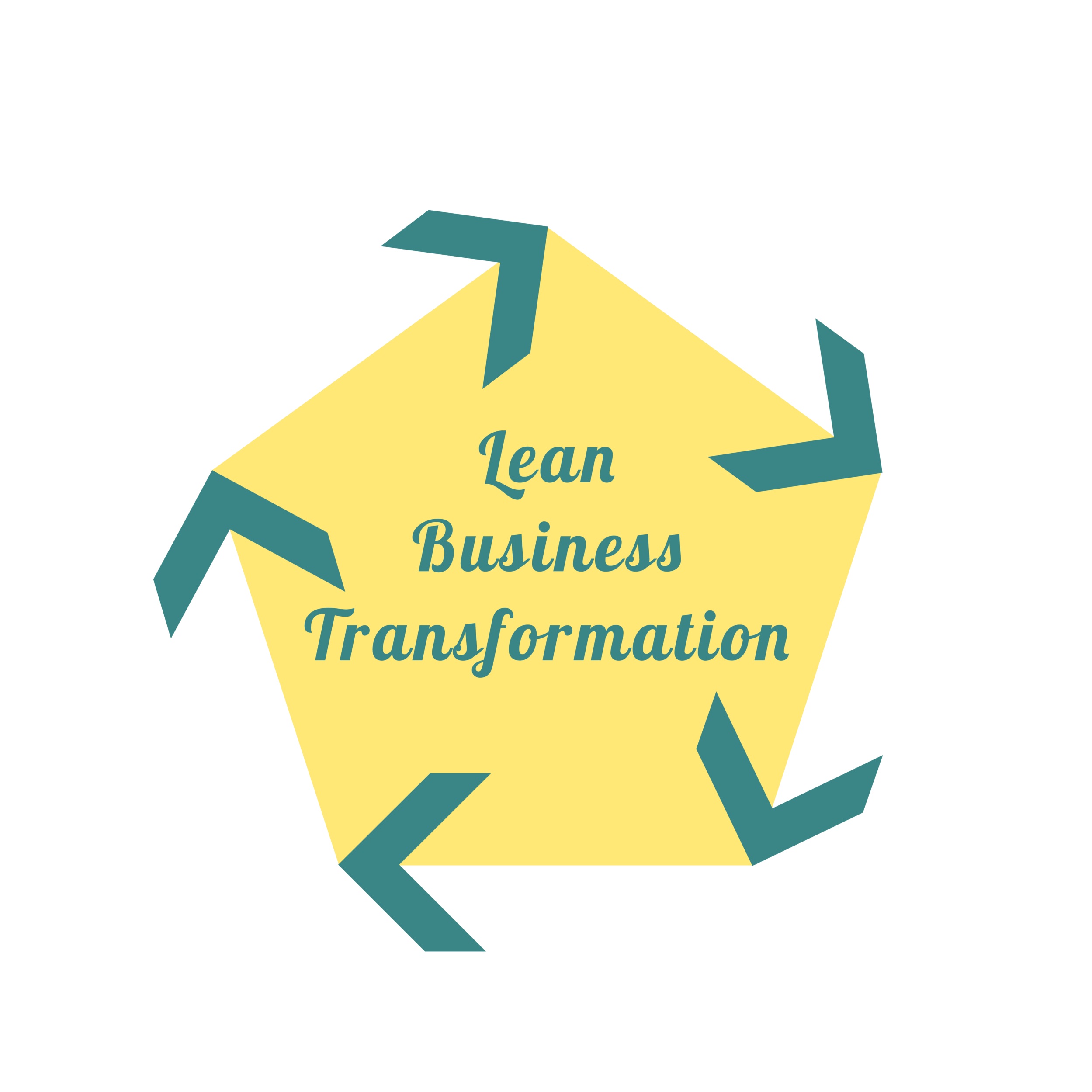Cannabis producer Cultivates Success: How Lean Practices Increased Efficiency by 25%.
California based Cannabis producer, boosts quality, reduces waste, and empowers employees through strategic lean implementation by partnering with Lean Business Transformation LLC.
A California cannabis producer embarked on a Lean journey, seeking to optimize operations and achieve sustainable growth. This case study explores their initial steps, identifies areas for improvement, and outlines a roadmap for future success.
Highlights:
- 25% increase in overall operational efficiency
- 15% reduction in waste
- Improved employee engagement and problem-solving skills
Planting the Seeds of Change:
Recognizing the potential of Lean principles, the company initiated several practices, including:
· 5S implementation: Initial efforts organized specific departments.
· Team huddles: Daily meetings fostered communication and planning.
· Learning Labs: Team-building exercises established a foundation for change.
· Project management tools: Asana streamlined operations and equipment maintenance.
· Cross-training: Farm team members learned diverse tasks, enhancing flexibility.
· Kanban system: Efficiently managed office supplies.
· Visual management: WIP displays improved transparency in packing and greenhouses.
Fertile Ground for Improvement:
While these initial efforts laid a groundwork, opportunities for further growth existed:
· Lack of strategic roadmap: A clear vision and actionable plan were needed.
· Inconsistent 5S and VM: Standardization and sustainability were crucial.
· Absent performance metrics: Tracking progress and identifying areas for improvement was essential.
· No formal WES program: Capturing employee ideas and fostering engagement was key.
· Ad hoc problem-solving: Structured tools like 5 Whys could enhance efficiency.
· Untapped potential of TPM: A comprehensive equipment maintenance program could optimize performance.
· Limited scoreboards: Visualizing progress and goals would motivate employees.
· Core team needed: A dedicated group to drive continuous improvement was lacking.
Cultivating a Lean Future:
1. Developing a Lean roadmap: Bridging the gap between the current and ideal state.
2. Implementing a comprehensive WES program: Encouraging employee participation and idea generation.
3. Utilizing structured problem-solving tools: Streamlining issue identification and resolution.
4. Establishing a TPM program: Optimizing equipment performance and reliability.
5. Creating scoreboards: Visualizing progress and goals for employee engagement.
6. Forming a core team: Driving continuous improvement across all levels.
7. Providing regular Lean training: Equipping employees with the knowledge and skills to sustain progress.
The Future of Excellence:
As the company continues its Lean journey, the focus remains on reaching an ideal state. Regular training programs ensure continuous skill development and employee engagement, while clearly defined goals and aligned communication across all levels foster a collaborative and results-oriented environment.
Conclusion:
This case study demonstrates the power of a well-defined Lean roadmap in driving operational excellence. By adopting a data-driven approach, fostering employee engagement, and continuously seeking improvement, manufacturing organizations can unlock their full potential and achieve sustainable success.
Are you ready to embark on your own Lean journey?
If you're looking to optimize your business operations and unlock your full potential, consider embracing lean principles and embarking on your own lean journey. Contact us today to learn more about how lean practices can help your business thrive.

